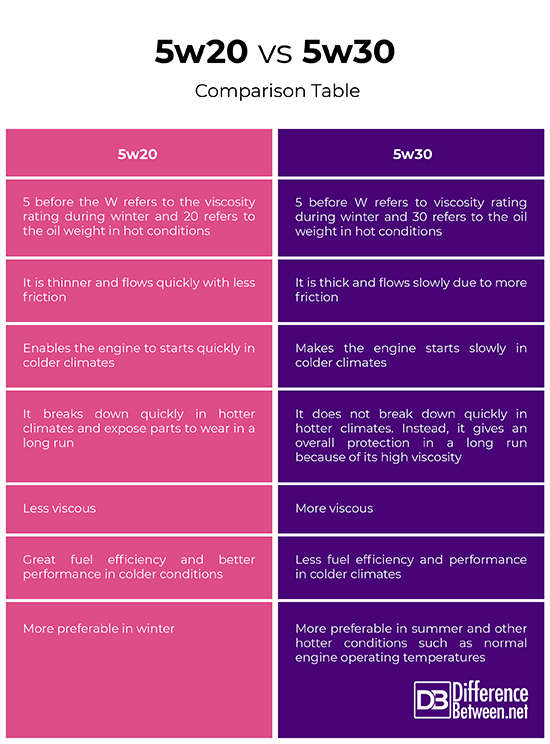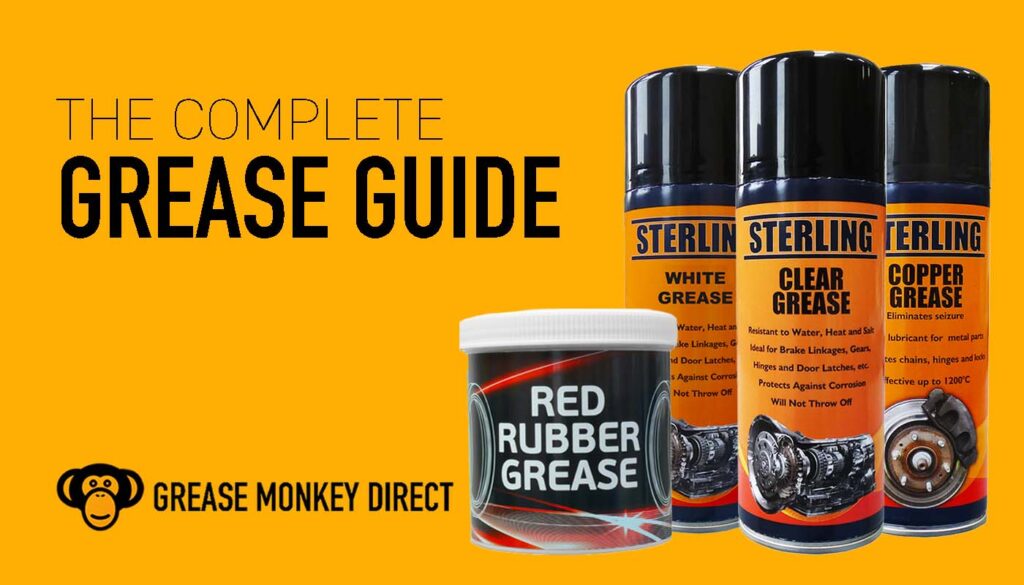Biodiesel is becoming an increasingly popular fuel choice due to its renewable nature and potential environmental benefits. If you own a Cummins engine and are considering using B20 biodiesel, here’s what you need to know.
Compatibility with Cummins Engines
- On-Highway Engines: Cummins engines such as the ISX, ISM, ISL, ISV5.0, and ISB built after January 2007 are approved for B20 use.
- Off-Highway Engines: Engines like the QSX, QSM, QSL, QSC, QSB6.7, QSB4.5, and QSB3.3 built after January 2007 can also use B20.
- Marine Engines: Cummins MerCruiser™ Diesel Marine engines produced after January 1, 2007, are compatible with B20.
- High Horsepower Off-Highway Engines: Certain engines built after January 1, 2008, are approved for B20, excluding Tier 4 models.
Fuel Specifications
- B100 Standards: B100 biodiesel must conform to ASTM D6751 specifications before blending.
- B20 Standards: The finished B20 blend must meet ASTM D7467 standards.
Service and Maintenance
- Fuel Filters: New fuel filters must be installed when switching to biodiesel on used engines, and replacements should occur at half the standard interval for the next two changes.
- Oil Sampling: For 2007 on-highway midrange engines, oil sampling is necessary for the first 6 months of operation with biodiesel to monitor fuel dilution.
Storage Guidelines
- Shelf Life: Use biodiesel fuel within six months of its manufacture due to lower oxidation stability compared to petrodiesel.
Special Considerations
- Fuel Systems: Cummins has approved B20 for high horsepower engines with specific fuel systems, including Pressure Timed, High-Pressure Injection, and Modular Common Rail Fuel Injection System.
- Paraffinic Fuels: While not biodiesel, paraffinic fuels like HVO are an alternative with low sulfur and aromatics, derived from natural gas, coal, plant oils, and animal fats.
In conclusion, many Cummins engines are designed to run on B20 biodiesel, but it’s essential to check the specific model and build date of your engine. Always ensure that the biodiesel conforms to the required specifications and be mindful of the maintenance and storage guidelines to ensure optimal engine performance and longevity.


